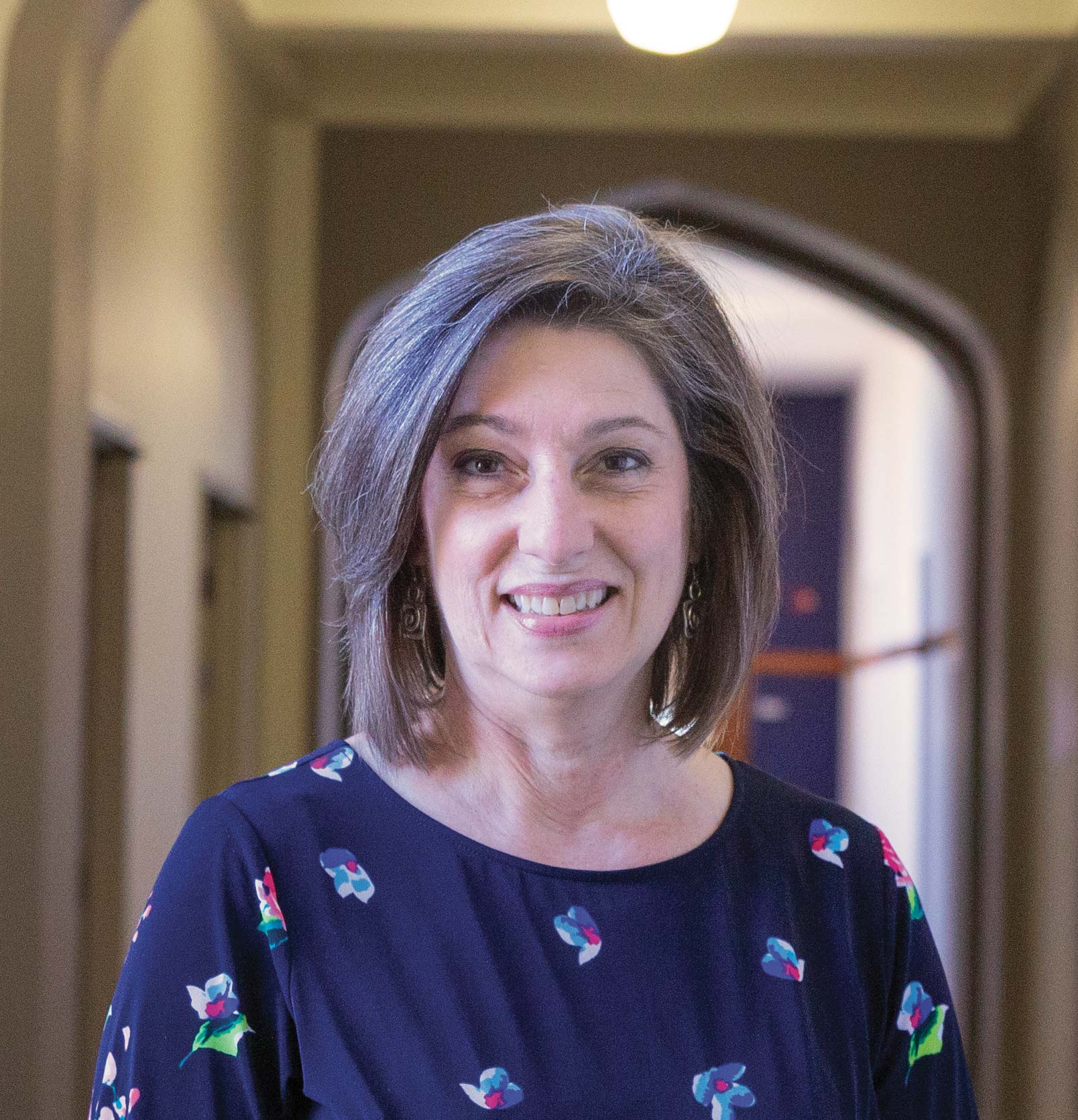The M.Ed. in Early Childhood Education from Concordia University, Nebraska offers the comprehensive skills, knowledge, and training that can lead successful candidates to rewarding careers in education.
Master's in Early Childhood EducationFeatured Courses
As a student in the master's in early childhood education at Concordia Nebraska, you’ ll have the opportunity to take specialized courses related to various aspects of the early childhood education profession. These classes, designed to equip you for leadership and service in various early childhood education careers, are taught by some of our esteemed faculty who have extensive experience in their fields.
EDUC 574
Early Childhood Program Organization and Management 3 credits
This course focuses on organizing, planning, managing, and evaluating programs for young children. Childcare and preprimary programs are examined in light of current developmentally appropriate practice. Candidates will be introduced to the portfolio requirements for the program. (Also listed as EDUC 452)
EDUC 578
Infants and Toddlers: Development, Methods, Curriculum & Assessment (Birth-3) 3 credits
Emphasis on linguistic, physical, social, cognitive, moral, emotional, aesthetic development of children from birth to age three; developmentally appropriate methodology, curriculum, and assessment; family partnerships; advocacy; professionalism; resources for families of children from birth to age three.
EDUC 580
Pre-Primary Education: Development, Methods, Curriculum & Assessment (Ages 3 through 5) 3 credits
Emphasis on linguistic, physical, social, cognitive, moral, emotional, aesthetic development of children from age three to age five; developmentally appropriate methodology, curriculum, and assessment; family partnerships; advocacy; professionalism; resources for families of children age three through five.
EDUC 650
Family and Culture 3 credits
Family and culture are integrally connected to children’s healthy growth and development. This course equips candidates to understand the complexity of families and to develop positive reciprocal relationships which support and engage diverse families as partners to support meaningful learning experiences and build effective learning environments.
Application is open!
Apply Now
Master's in Early Childhood EducationProgram Courses
The following sample course of study is an example of the sequence of courses you might take in order to receive your degree. Please plan to discuss your actual course of study with your advisor, who can help you stay on track to meet your academic and professional goals.
Early Childhood Education Courses
EDUC 574
Early Childhood Program Organization and Management 3 cr.
EDUC 578
Infants and Toddlers: Development, Methods, Curriculum & Assessment (Birth-3) 3 cr.
EDUC 565
The Young Child: Language and Literacy Development 3 cr.
EDUC 680
Field Experience/Internship ECE: Ages 3-5 0 cr.
EDUC 681
Field Experience/Internship ECE: Kindergarten 0 cr.
EDUC 580
Pre-Primary Education: Development, Methods, Curriculum & Assessment (Ages 3 through 5) 3 cr.
EDUC 594
Research Evaluation and Design 3 cr.
EDUC 650
Family and Culture 3 cr.
EDUC 583
Primary Education: Development, Methods, Curriculum & Assessment (Ages six through eight) 3 cr.
EDUC 573A
Action Research Project 3 cr.
EDUC 573B
Practical Application of the Action Research Project 3 cr.
EDUC 625
Serving and Leading in Community and World 3 cr.
30 Total Credits
Early Childhood Education Faculty
As experts in early childhood education, our faculty and instructors bring years of experience to the classroom.
Meet the faculty
Do you know someone who would love to earn their Christ-centered master's degree at Concordia University, Nebraska? Let us know, and we'll reach out to them!
Refer a student

